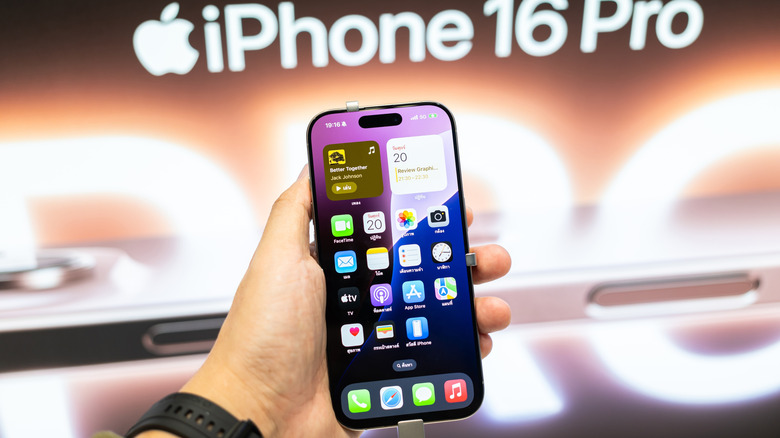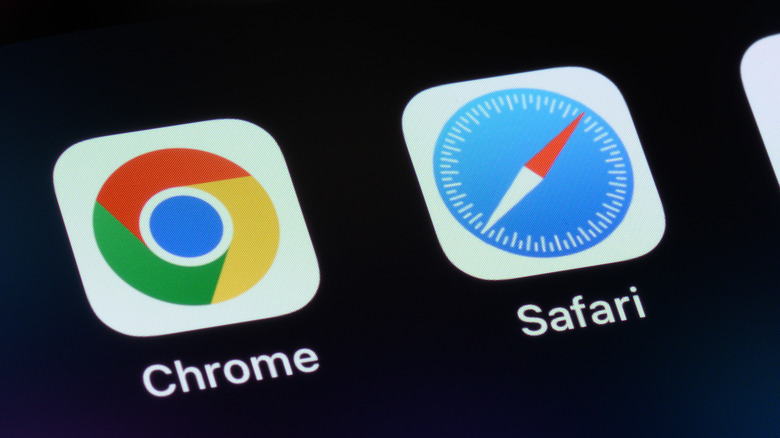This iPhone App You Use Every Day May Be Killing Your Battery Fast
Smartphones nowadays hardly last long after a single charge. iPhone users would agree that even after trying ways to maximize their iPhone's battery life, they still struggle to make its juice last a full day. And there's a big chance that the culprit for this isn't just an aging iPhone battery or a display that's always on and on full brightness. Several frustrated users online might have identified one of the biggest hidden drains on iPhone batteries — Google's Chrome Web browser app.
Over on Reddit and Google Chrome Help, iPhone users voiced their complaints about how Chrome has seemingly caused their devices to drain their batteries fast. One said that the app's juice consumption was off the charts, even without any tabs open. Another said they noticed their battery life dropping at 1% per minute with the app on. Someone else also pointed out that the app practically used up 40% of their battery life in less than two hours.
Chrome is one of the most used Web browsers on smartphones, including iPhones. Many people default to it because it syncs across their Google account, making it easy for them to access bookmarks and history from their desktop browser. However, since Chrome is made by Google, and Google also owns the Android ecosystem, the mobile browser might not be deeply optimized for Apple's hardware, unlike the Cupertino giant's own Safari browser.
Why Chrome performs differently than Safari on the iPhone
Compared to Safari, Chrome's interface may seem more user-friendly, especially for first-time iPhone users. This is likely because Google's ecosystem is much more straightforward and familiar to the average user. But performance-wise, Safari performs better and more efficiently on the iPhone since it is better optimized for Apple devices. Simulated testing even showed that Chrome drains an iPhone battery faster than Safari.
One factor that likely contributes to Chrome's battery drain is that it is constantly syncing data in the background with the user's Google account. Even Android users have taken notice of this issue on their smartphones. This can be easily remedied by tweaking the settings, but not everyone knows that this is happening in the first place. Another factor may be Apple's WebKit restrictions for third-party browsers. Basically, these stifle competition by not allowing third-party browsers to use their own engines on the iOS platform; instead, they must run on WebKit. As a result, certain features that optimize the performance of non-Safari browsers tend to be limited.
The move may be seen as Apple's way of forcing iPhone users to depend on its Safari browser. However, there are other Google Chrome alternatives for the iPhone, like Firefox Focus and Brave, that are lightweight and minimalist. They only offer basic browsing features, but what's important is that they don't drain the iPhone's battery.

